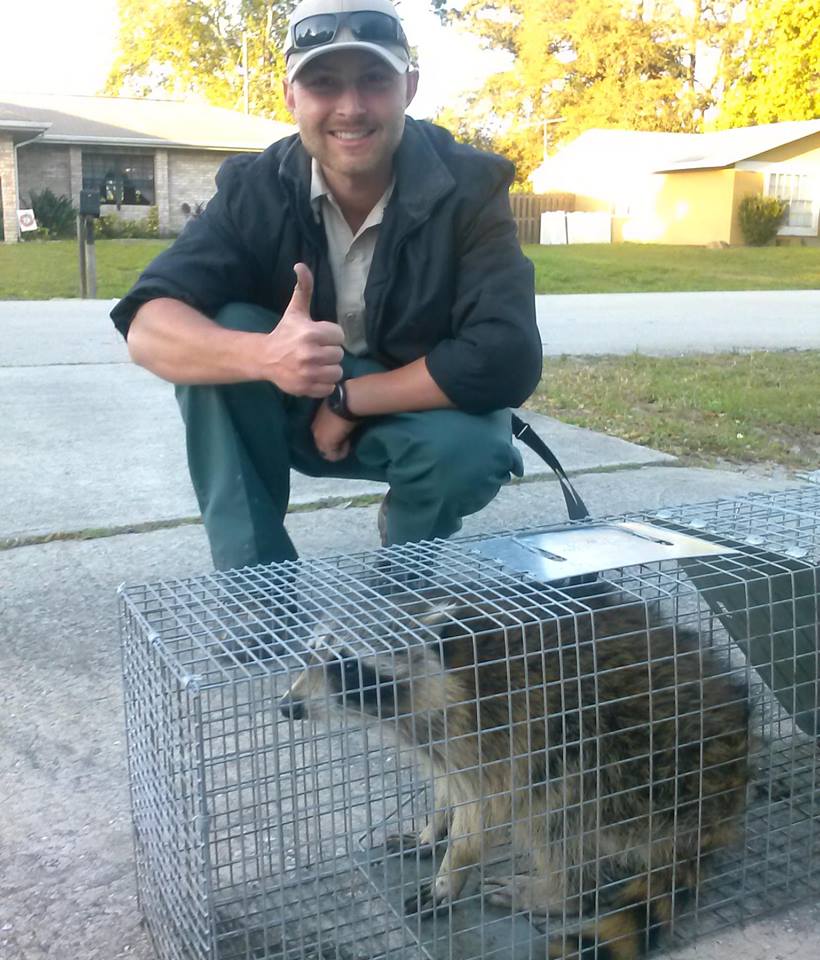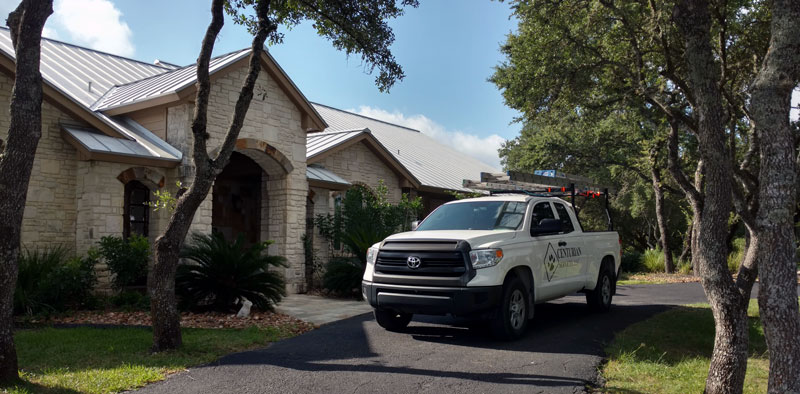
Studies have revealed that skunk poop is harmful if inhaled or touched. Aside from having a fetid stink, skunks carry several diseases which can be contracted by humans and domestic animals. The usual ways of transmitting these diseases is by touching infected skunks, their poop or inhaling the feces in the air.
Identifying skunk poop: To be able to avoid touching or breathing in skunk poop, you will need to know what it looks like. Skunk feces are tubular shaped, about 1 inch in size and looks like cat poop. They frequently have undigested food particles in it undigested insect components, grass, seeds, nuts, feathers, berries and so forth. From time to time, the poop may seem spotted like the skunks themselves.
Diseases that can be contracted by breathing or touching skunk feces. There are a significant number of diseases which are related to contact skunk feces. Rabies -- Skunks are just second to rats in regards to creatures that carry the rabies virus. They can easily be capable of spreading the deadly disease to humans and other creatures. Though not all skunks are rabid, it's better to stay clear of these and look out for signs of illness. Baylisascaris columnaris - This disorder is also related to skunks and may lead to blindness, damage to liver, itching, brain dysfunction and ultimately death for victims. Canine distemper - Canine distemper doesn't affect people, it only affects animals. Listeriosis - This affects both people and animals, and it's been demonstrated to cause itching, diarrhea, paralysis, brain swelling, and fatigue. Other diseases which can be contracted from breathing or touching skunk stool are feline panleukopenia virus and equine protozoa myeloencephalitis.To avoid contracting one of these diseases, you must always wear thick rubber gloves and nose covers when managing skunks. It isn't important if you're planning to touch the feces or not.
Skunk feces ailments - There are few diseases related to skunk feces. There's always a risk of Hantavirus from droppings in general, so you should not touch skunk poop without appropriate gloves and a mask. The actual concern with skunks is rabies. Skunks may also be carriers of leptospirosis, a bacterial disease that affects many mammals. Dogs are susceptible to this disease as are people. Consult your veterinarian if you live in a leptospirosis endemic county. If you do, odds are your dog has been vaccinated against the illness. There's absolutely no such vaccination for people, so you still have to be careful when hanging around stagnant ponds, puddles, and flows. Fleas and ticks are going to be a massive issue for both pets and people, and the cases of Lyme disease are predicted to rise in 2018 because of the unnaturally warm weather throughout the country.
